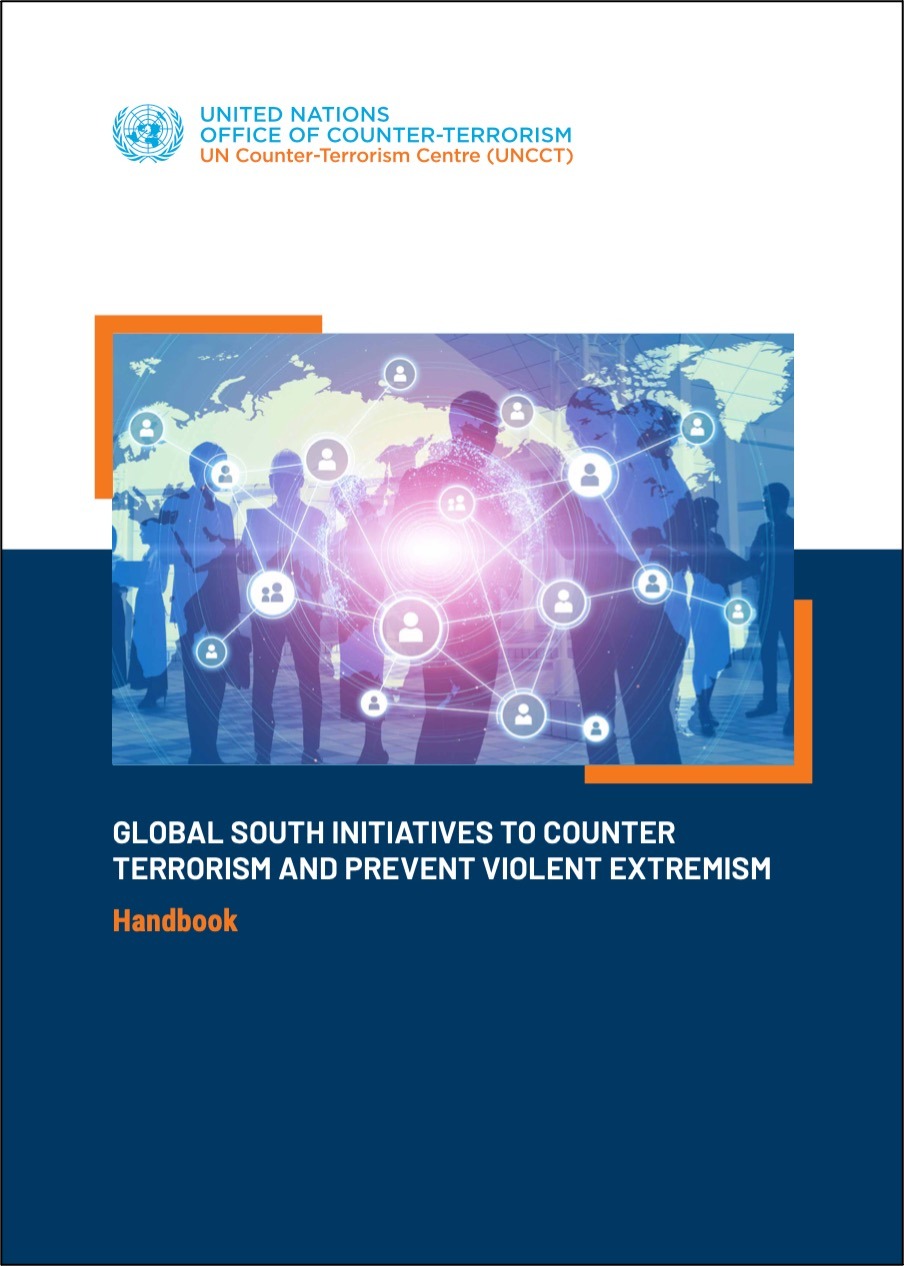This handbook by the United Nations Office of Counter-terrorism (UNOCT) features different examples in which the Global South has played a central role in developing regional instruments and mechanisms in the field of CT/PVE, whether through locally developed solutions that address the root causes of conflict or by creating momentum for regional commitment to international instruments, in the spirit of multilateralism.
The United Nations Office for South-South Cooperation (UNOSSC) defines South-South cooperation (SSC) as a broad framework of collaboration among countries of the South in the political, economic, social, cultural, environmental and technical domains. This cooperation involves two or more developing countries collaborating on a bilateral, subregional, regional, intraregional or interregional basis.
There is a remarkable diversity of approaches and prescriptions within this “broad framework of collaboration” that vary from country to country as well as between regions and organizations.
This diversity influences the way SSC is measured, understood, referenced and implemented in different regions (this will be addressed in subsequent sections of this publication). There are, nonetheless, several common traits, principles and comparative advantages that characterize SSC.
South-South cooperation is usually understood and implemented within the field of development cooperation. There is, however, increasing awareness of its potential in the peace and security domain. At the Ambassadorial-level meeting of the Peacebuilding Commission, in September 2019, the “shared commonality between the PBC’s approach to country-led engagements and the voluntary, participative and demand-driven nature of SSTC, and how PBC engagement is consistent with SSC principles” was underlined. It was also acknowledged that tracking SSC in the field remained a challenge.6 Although there is no mention of peace and security in the 1978 BAPA, the 2030 Agenda for Sustainable Development confirms the connection between peace and development, especially through Sustainable Development Goal 16, which is the outcome document of BAPA+40 underlines as a potential area for increased SSC impact.
This Handbook features various national and regional CT/PVE initiatives that have demonstrated results, as well as potential, for expansion. These initiatives, although not necessarily labeled or seen as SSC, offer valuable insights for other countries facing similar challenges and can contribute to accelerating the implementation of Sustainable Development Goals 16 and 17.8.

